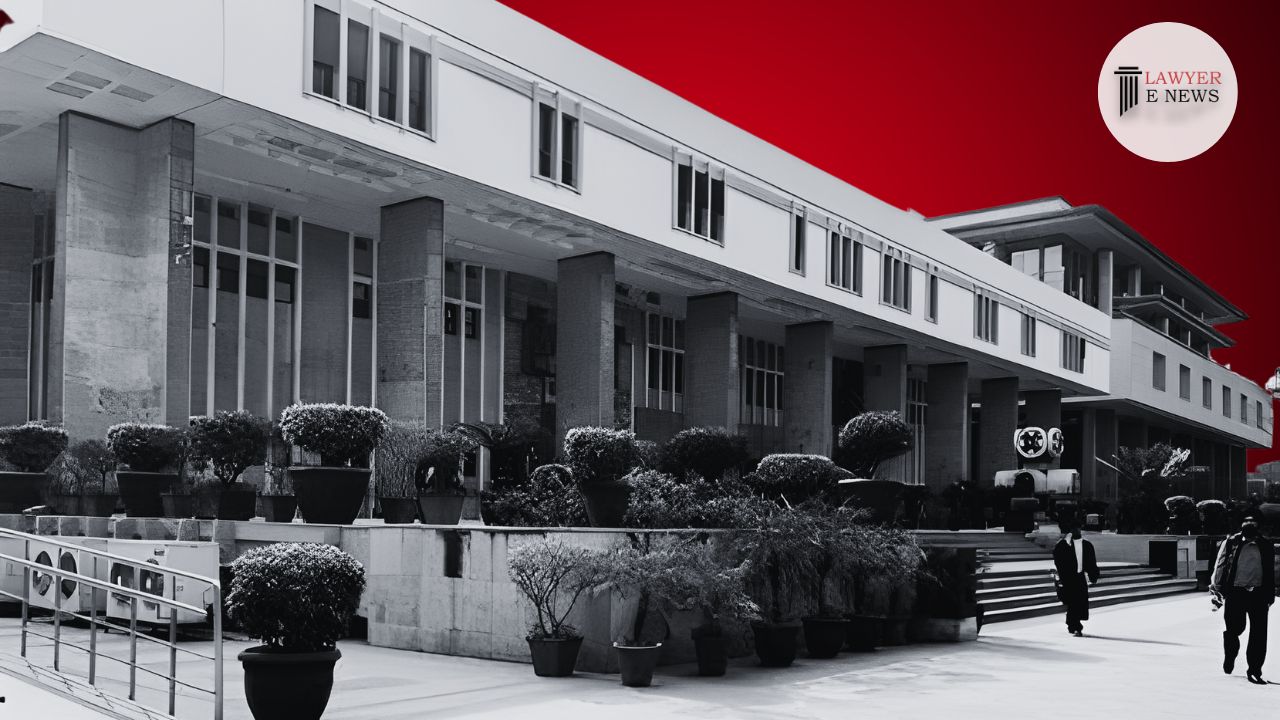-
by Admin
17 February 2026 2:34 PM



In a significant ruling, the High Court of Delhi, presided by Justice Swarana Kanta Sharma, suspended the conviction of Dilip Ray, the former Minister of State for Coal, under various sections of the IPC and the Prevention of Corruption Act. This decision, dated April 8, 2024, was taken to enable his participation in the upcoming Odisha Legislative Assembly elections.
The judgement revolves around the suspension of conviction under Section 389(1) read with Section 482 of the Code of Criminal Procedure, 1973. Ray, convicted for offences under IPC and Prevention of Corruption Act, sought suspension citing his intention to contest upcoming elections and his long-standing political career.
The case traces back to the allocation of coal mining area in Jharkhand, which resulted in Ray’s conviction in 2020. With elections looming, Ray argued that his disqualification from contesting would cause irreparable harm to his political career. The prosecution, however, emphasized the gravity of his offences, involving moral turpitude.
The court acknowledged the legal precedents supporting suspension of conviction, particularly in cases leading to irreversible consequences. Justice Sharma noted Ray’s age (71 years), his distinguished political career spanning over 35 years, and the impending elections. The decision was influenced by Supreme Court judgments like Afjal Ansari v. State of Uttar Pradesh (2024) and others, which emphasized evaluating the peculiar facts of each case.
Irreversible Damage Criterion: The court found that not suspending Ray’s conviction would lead to irreversible damage to his career, which couldn’t be compensated later, even if acquitted.
Comparison with Other Cases: The court distinguished this case from others like K.C. Sareen v. CBI, highlighting the unique circumstances of Ray’s case, including his long political service and age.
Legal Precedents: The judgement of Afjal Ansari was pivotal in understanding the implications of suspension in cases of potential irreversible consequences.
Decision: The High Court allowed the application, suspending Ray’s conviction during the appeal’s pendency. This suspension, however, does not equate to an acquittal but is contingent on the peculiarities of Ray’s circumstances, including his age and political career.
Date of Decision: April 8, 2024
Dilip Ray v. Central Bureau of Investigation
